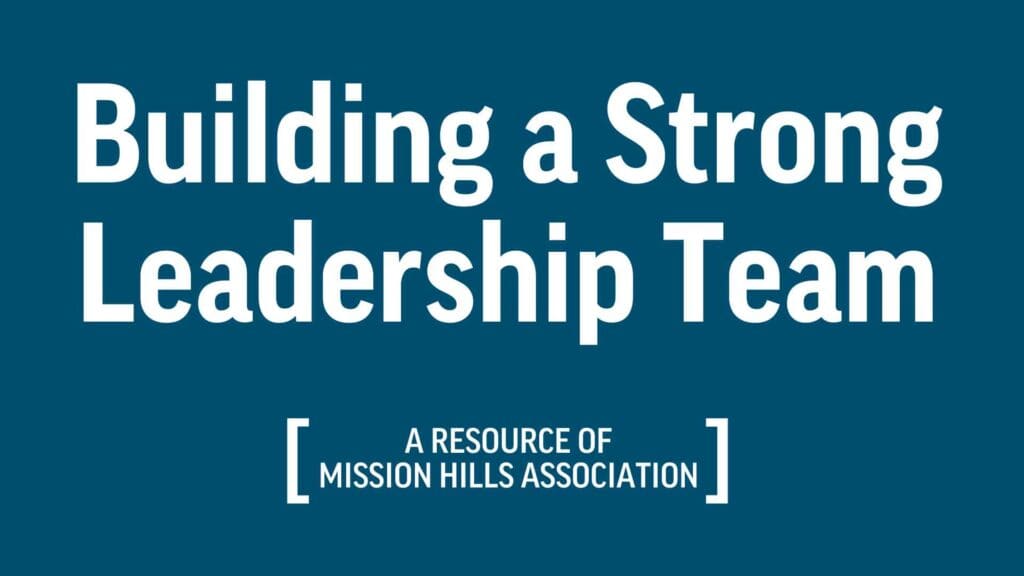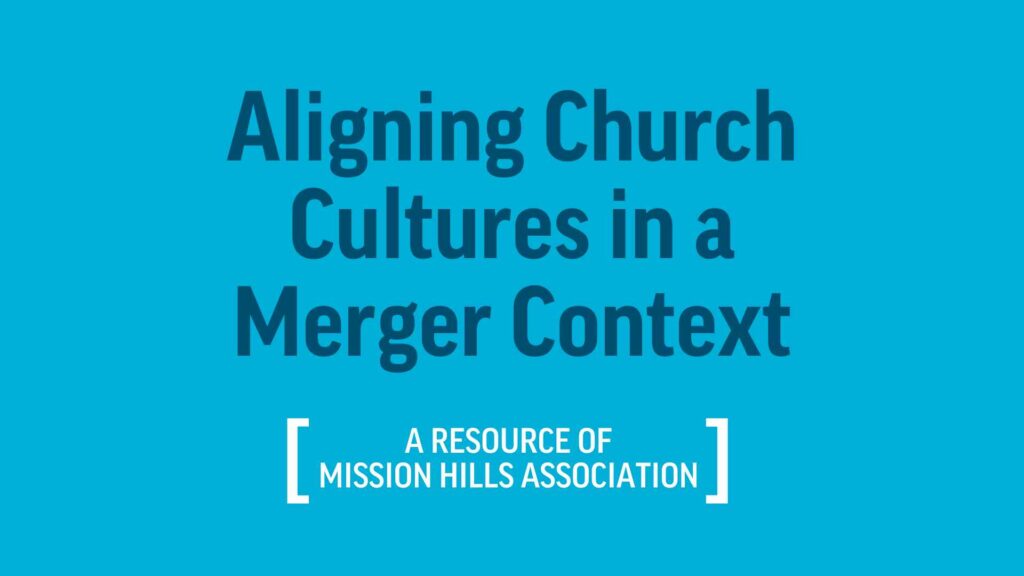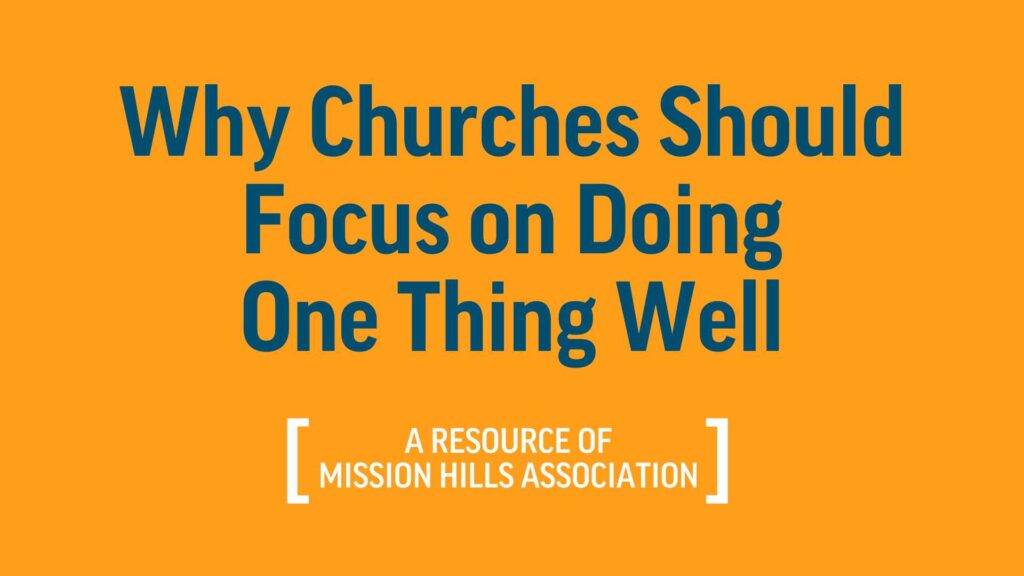
If you’ve ever asked, “does my church need Search Engine Optimization (SEO)?” The answer is probably yes – to a certain extent.
In 2024, it’s hard to find a church without a website. But that doesn’t mean that all your website needs is some keywords to put it on the map. While SEO is a component of a great church website, a website that is clear and welcoming for visitors is going to make the biggest difference.
Here are a few of our best pieces of advice for your church website, including some SEO tips!
Church website tips
1. Keep it simple
We really love our churches, and it’s easy to want to share that with everyone who may stumble across our site. And while that’s a good and natural desire, it doesn’t always make for the website content. Filling a homepage with every bit of information about your church will likely overwhelm your readers instead of sharing important things about your church with them. Every interaction with church visitors is an act of faith, and your website is included in that – we get to trust that our readers will find the information they need to learn about our ministry, even if it isn’t the very first thing they see.
2. Keep it mission-focused
If you’re feeling confused about what type of content to write on your church website or even social media, remember your church’s mission and vision. Use that mission statement or set of values to guide every word on your website so that your readers understand the through-line of what your church believes and how that impacts every aspect of your ministry.
3. Keep it welcoming
Most churches have some amount of “insider language” that you use, like a particular name for Sunday School classes or youth ministry events. These are fun and helpful terms to use in the context of your congregation, but it can be confusing for someone visiting your church in person or on your website if they aren’t acquainted with what you’re saying. Add in standard “Christian jargon” and a nonbeliever on your site could feel completely lost. We can welcome our readers by telling them that they’re welcome, but also through the rest of the language we use.
Church SEO tips
1. Use common language
In the same vein as the above point, using common language on your website is important for search result ranking! If a person Google’s “Denver sunday school” and your website only calls Sunday School your church-specific name, that person will find the information they’re looking for elsewhere. You don’t have to throw out your church’s terms completely – just remember to also incorporate familiar terms that would be searched more commonly.
2. Run a keyword search
A keyword search is one of the most basic elements of SEO, and it can be an incredibly helpful tool! A keyword search is simply the way you discover what kind of words your website could be a good search result for. There are a lot of different factors for understanding keyword searches and it can be easy to get into the weeds if you do it all on your own – so we recommend using a tool like Google Keyword Planner, SEMrush, or Moz Keyword Explorer.
3. Use local SEO
Searching for non-location-specific keywords is a good strategy for getting a general sense of the keywords you might need, but local SEO is also important for an organization like a church. If you’re wanting to grow your in-person visitor numbers, you can optimize your site for local SEO by searching for keywords in your particular state, county, or city to learn what the people around you are searching most. This is just one way to get extra-specific when doing SEO work on your site!
This article was written in collaboration with Kelly McSparran, the Mission Hills Communications Director. If you want to continue the conversation, you can contact her directly at kmcsparran@missionhills.org.
Interested in learning more about Mission Hills Association and gaining access to our members-only resources? Contact us today!




